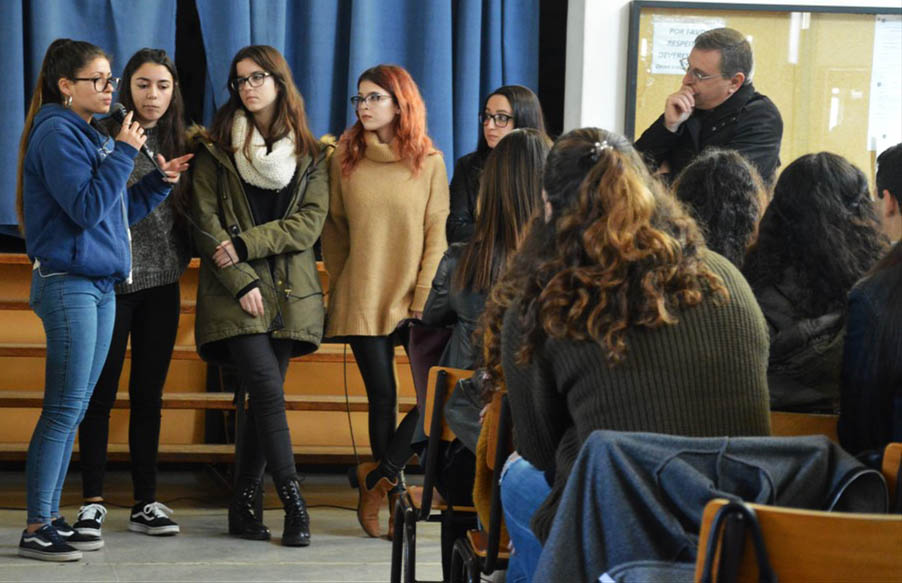 “Gender equality has to do with what the person identifies with, there is no longer just female and male. If I identify myself as x, I will be x». The words are from Rita, one of the hundreds of students from the Manuel Teixeira Gomes Secondary School, in Portimão, who on Monday morning completely filled the multipurpose hall, to talk about "Gender Equality", the theme of this academic year of the Parliament program of the Youth.
“Gender equality has to do with what the person identifies with, there is no longer just female and male. If I identify myself as x, I will be x». The words are from Rita, one of the hundreds of students from the Manuel Teixeira Gomes Secondary School, in Portimão, who on Monday morning completely filled the multipurpose hall, to talk about "Gender Equality", the theme of this academic year of the Parliament program of the Youth.
The main guest was the Algarve deputy Paulo Sá, but the protagonists ended up being the young teenagers, who, for two hours, debated the proposed theme with vigor. And, as a teacher confessed to the Sul Informação, "there are both girls and boys here, which is very positive, because it is believed that this topic is of interest above all to girls".
With deputy Paulo Sá moderating the debate, sometimes heated, it began by talking about the rights of parenting, which Rita considered should be equal between father and mother, but which other colleagues considered should privilege mothers. «In the early life of a child, the mother is more important, even because of breastfeeding», defended Catarina. "But the mother doesn't have to feed the child," replied Inês.
"What if you're a single parent?", asked Tiago, "don't you have the same rights?" Tiago, by the way, was going to be the protagonist of one of the biggest general boos of the morning, to which he replied with a huge smile: "if a friend of mine is staying at home to take care of his son, I'm obviously going to make fun of him" . "Why?", deputy Paulo Sá immediately asked. "Because it's been like this for years," replied Tiago. "But does it have to be like that or can we have another posture?", insisted the parliamentarian.
“If everyone has the same mentality as our friend Tiago, the world will never move forward”, countered Beatriz, in a statement greeted by a strong general applause. "Retrograde!!" shouted a group of girls from the middle of the room.
And Tiago, relaxed, came back to explain his idea better: «I would play with my friend, but so that he feels that I support him», not to discriminate against him.
And it was then that João came forward and said: «I am a boy who shares the opinion of these girls. I'm going to be a father and I want to have the right to take care of my child».
Another Beatriz also spoke about the issue of inequality at work, between men and women: “why do I apply for a job, I have the same education, the same grades, but I don't have the same salary as a man?”.
Deputy Paulo Sá replied: «the law says – equal work, equal pay. But the reality is different!».
There was also talk of domestic violence. Several students, boys and girls, began by bringing the matter mainly to the fact that there were few men complaining, "out of shame". "Men also suffer violence, but they don't admit it," said Andreia.
But Paulo Sá, although admitting that there is domestic violence against men, stressed, so that there would be no doubts about the seriousness of the situation in Portugal: “the statistics are very clear: the main victims are by far women. It is objective reality. In Portugal, in 2017, 19 women victims of domestic violence were murdered and no man!”
Cristina shared with the audience, more than 250 people, mostly students, but also some teachers, a case of domestic violence against a woman, whom she knows well. He accused: "the police did nothing, despite the complaints!"
And Sónia replied: «the police didn't do anything? But we are the future, we have future police officers here, who can help with this», if the mentality changes.
The parliamentarian invited to this first session of the year of the Youth Parliament initiative still tried, several times, to bring the conversation to the issue, serious and very present in the daily lives of students, of dating violence. But the hundreds of young people present did not take the hint, nor did they talk about it…it will be for later.
To end a morning of intense debate, one of the students turned to Paulo Sá and asked him: "if this is a debate on gender equality, why didn't a deputy and a deputy come here?"
The Algarve parliamentarian smiled and explained: “there are dozens of sessions of the Youth Parliament, taking place at the same time throughout the country and deputies attend these sessions, regardless of whether they are men or women. If we had to come two to each session, there would only be half of the sessions».
Earlier, Custódio Moreno, regional director of the IPDJ, had already put forward “just a few numbers” to help with the discussion: “in the IPDJ, in terms of federated sport in our region, we have about 30 thousand practitioners…but 21 thousand are men. Politics is very “male” too: in the Algarve, there are 16 mayors, but only four are women. In the Assembly of the Republic, there are 230 deputies, but only 75, less than a third, are women».
The session of the Youth Parliament at Manuel Teixeira Gomes Secondary, organized by the Escolar Library, attracted the interest of more than 250 students – in such a way that the place had to be changed, at the last minute, from the auditorium to the multipurpose one – and was also marked by the lively debate on the theme of the year, Gender Equality. In fact, educating for citizenship, stimulating a taste for civic and political participation, promoting democratic debate, respect for the diversity of opinions and encouraging reflection and debate on a topic are the general objectives of this initiative.
Basically, Gabriel's intervention summed up how much was discussed over more than two hours at Secundária portimonense: "Isn't it time for us to change, to rethink the role of women and men in society?"
O Youth Parliament is an institutional initiative of the Assembly of the Republic, organized in collaboration with the Ministry of Education, the Portuguese Youth Institute and other entities, with the objective of promoting education for citizenship and the interest of young people in civic participation and in the debate on topics of the present time.
It is a project that is developed throughout the school year with Schools from all over the country that wish to participate, culminating in two National Sessions held annually in the Assembly of the Republic. In the Algarve, there will also be a regional session, on the 6th of March.
The topic under debate for the 2017/2018 school year common to both editions (primary and secondary education) is Gender Equality.
Photos: Elisabete Rodrigues|Sul Informação
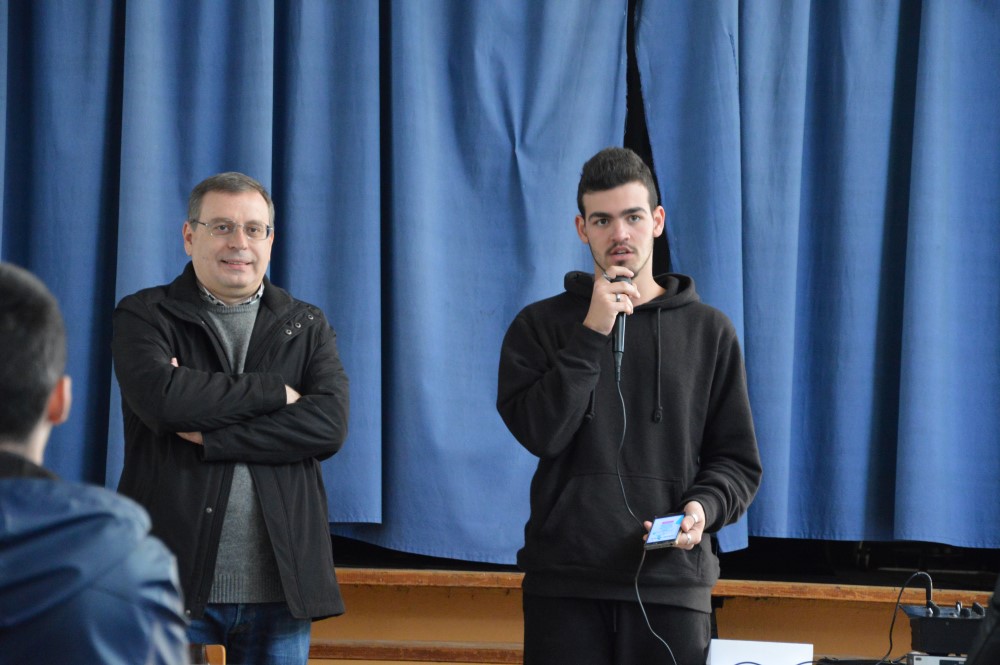
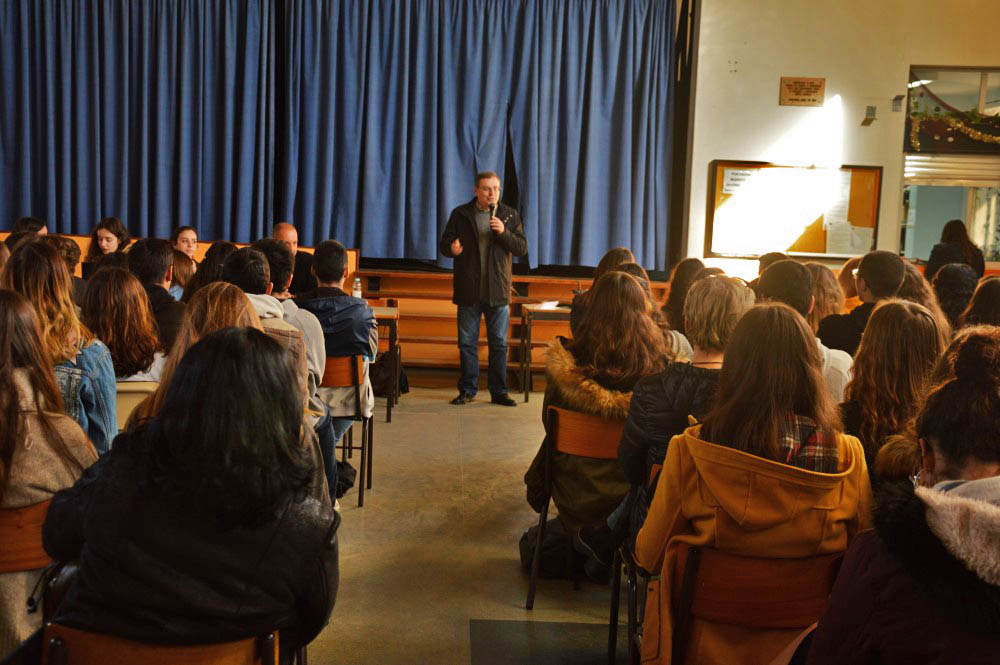
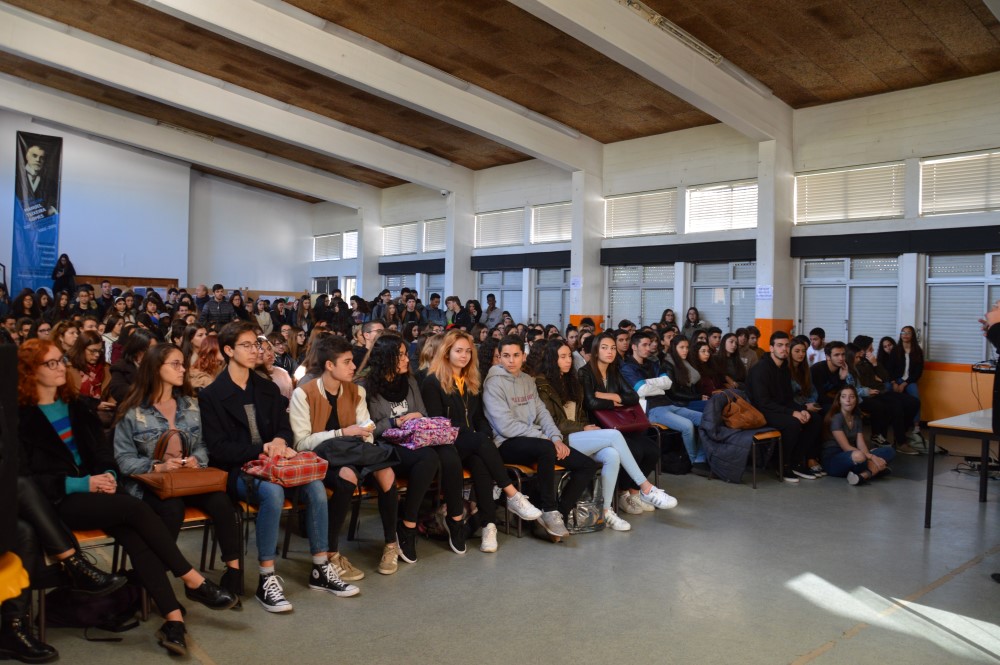
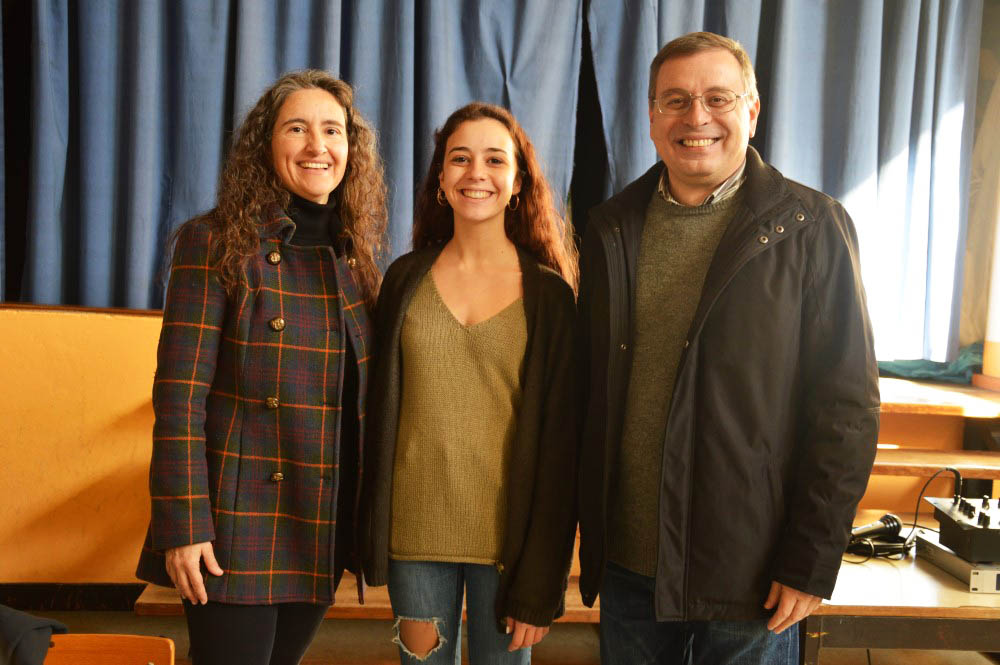

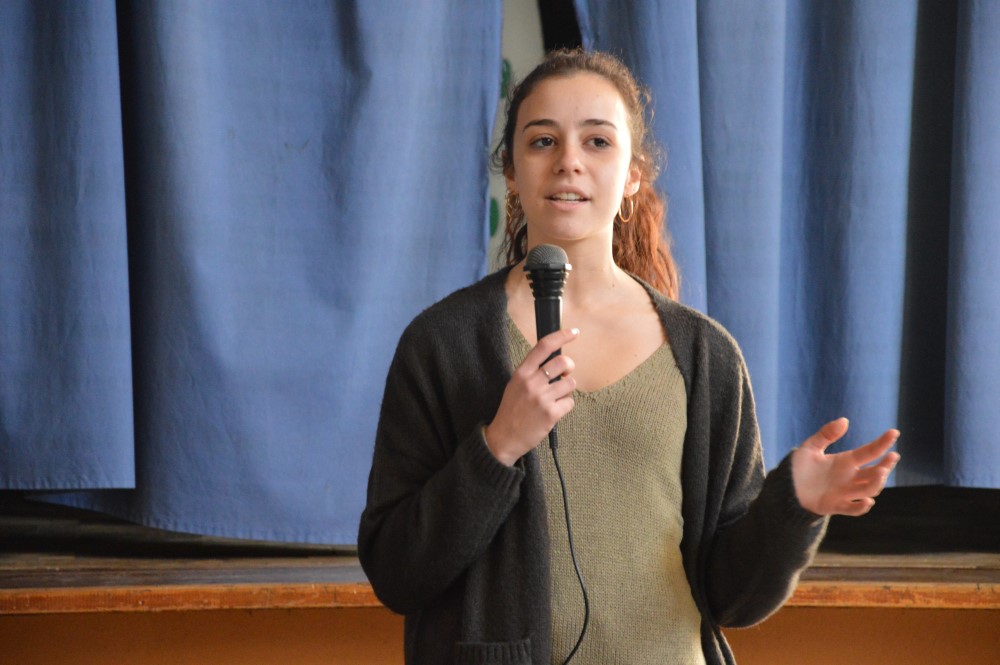
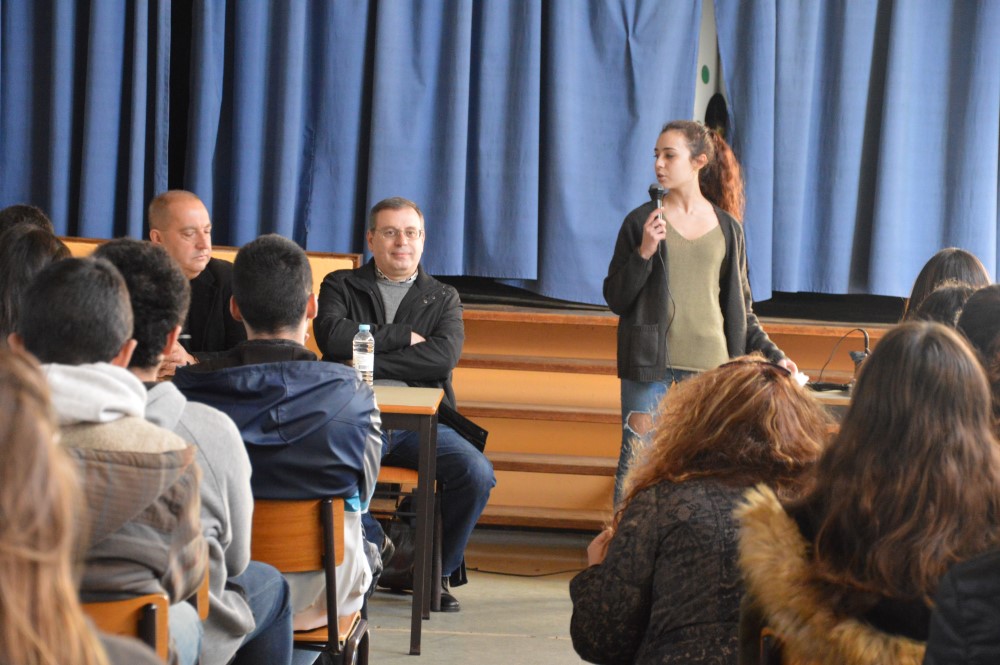
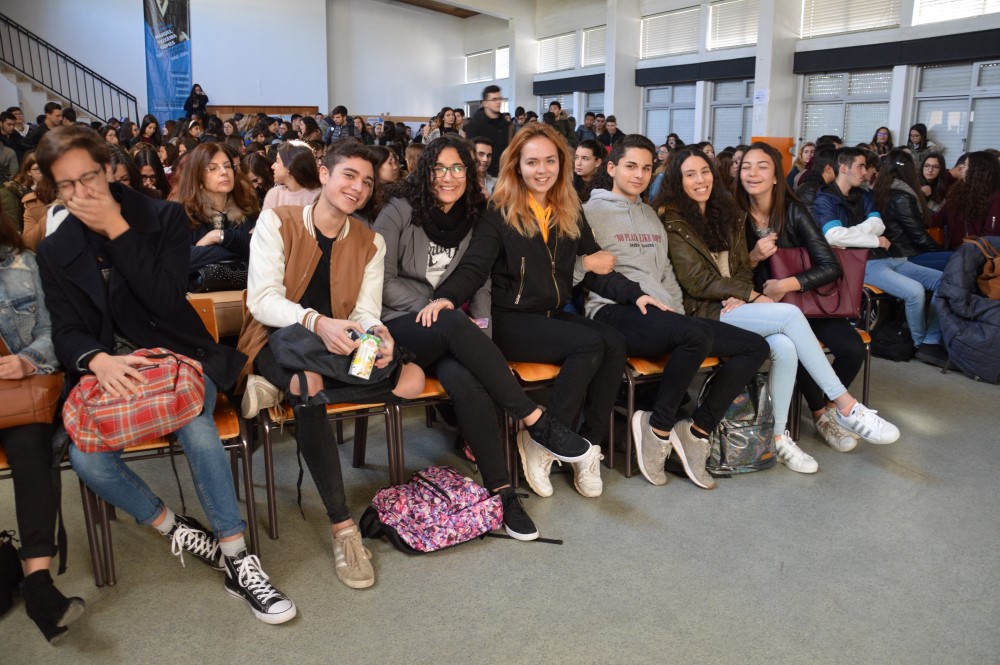
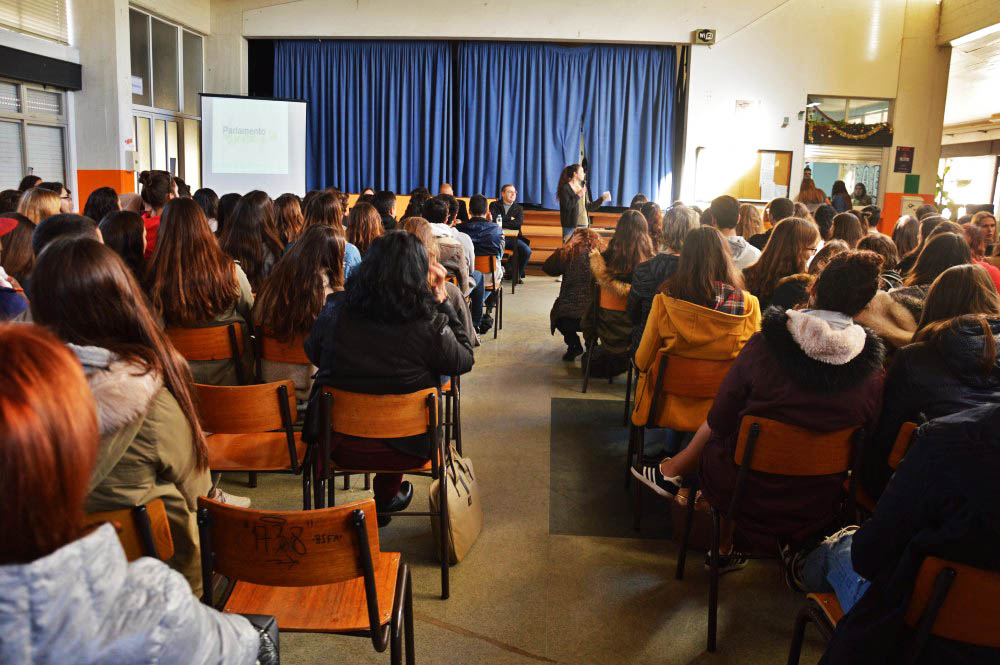
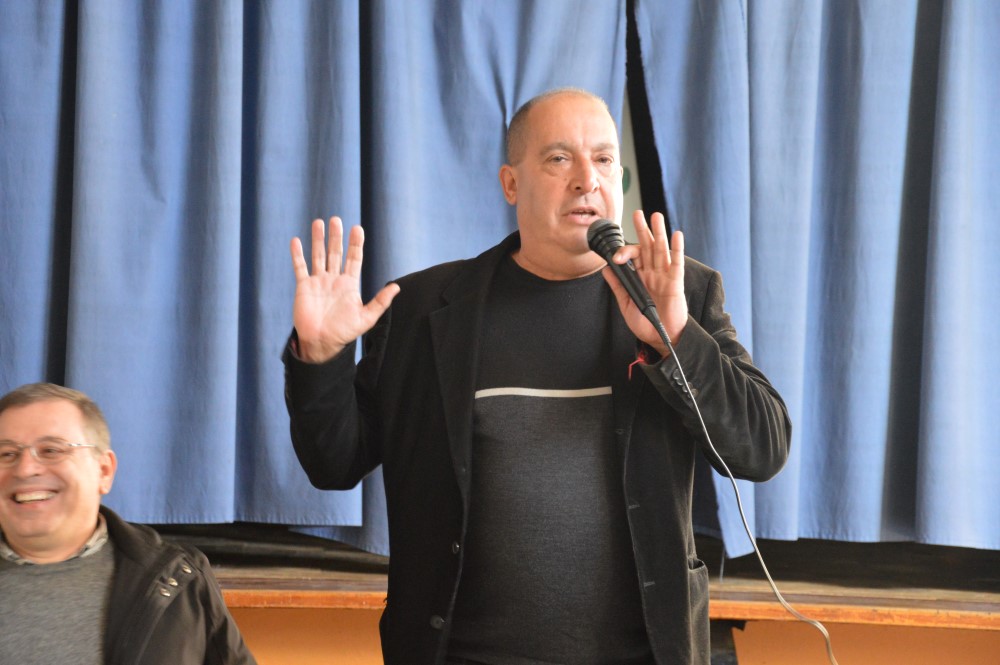
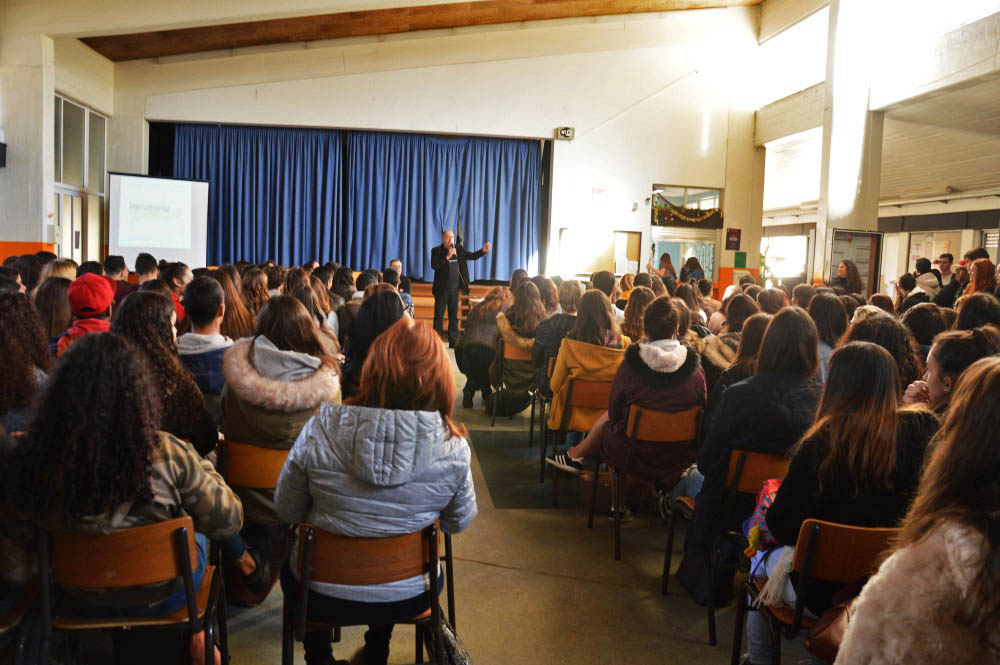
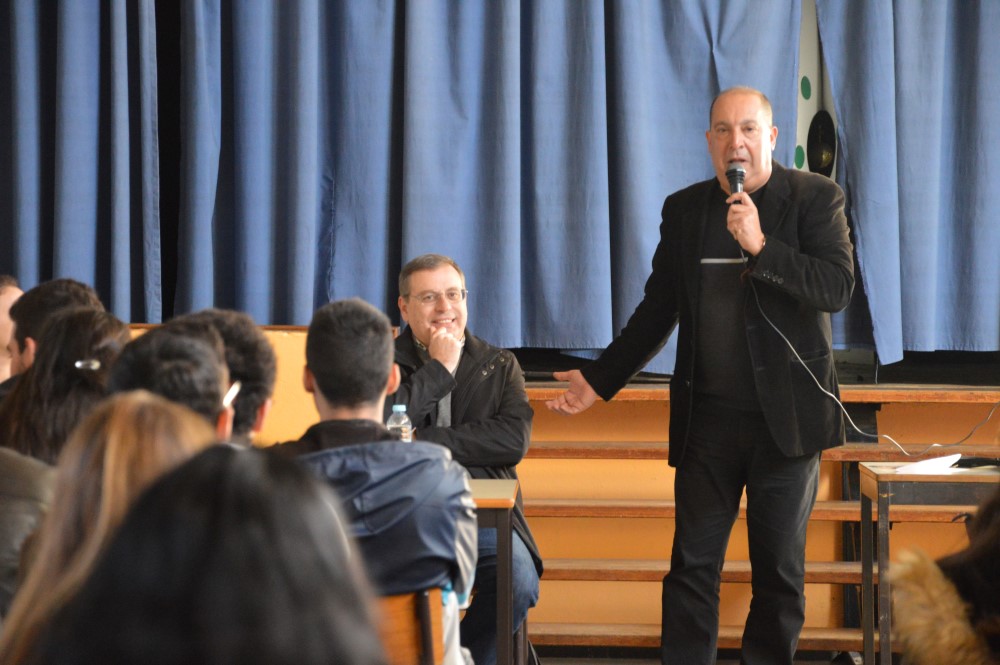
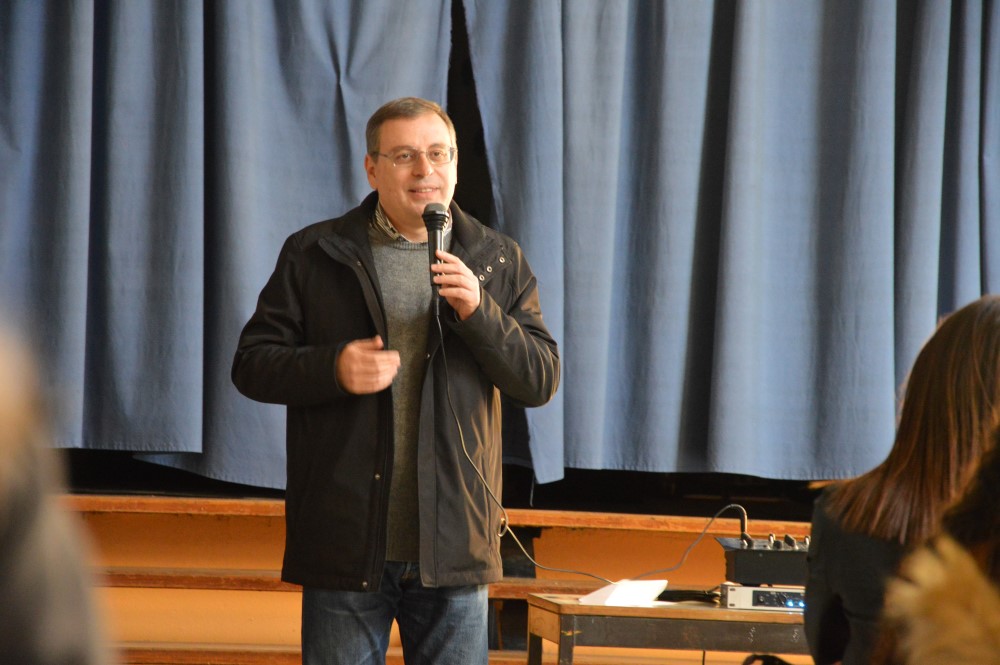
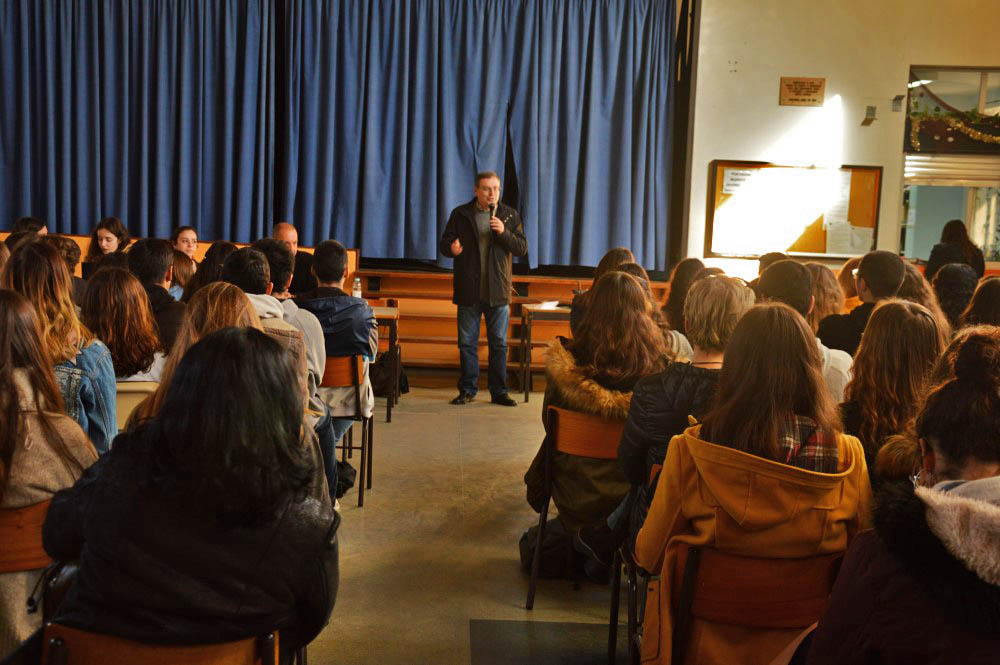
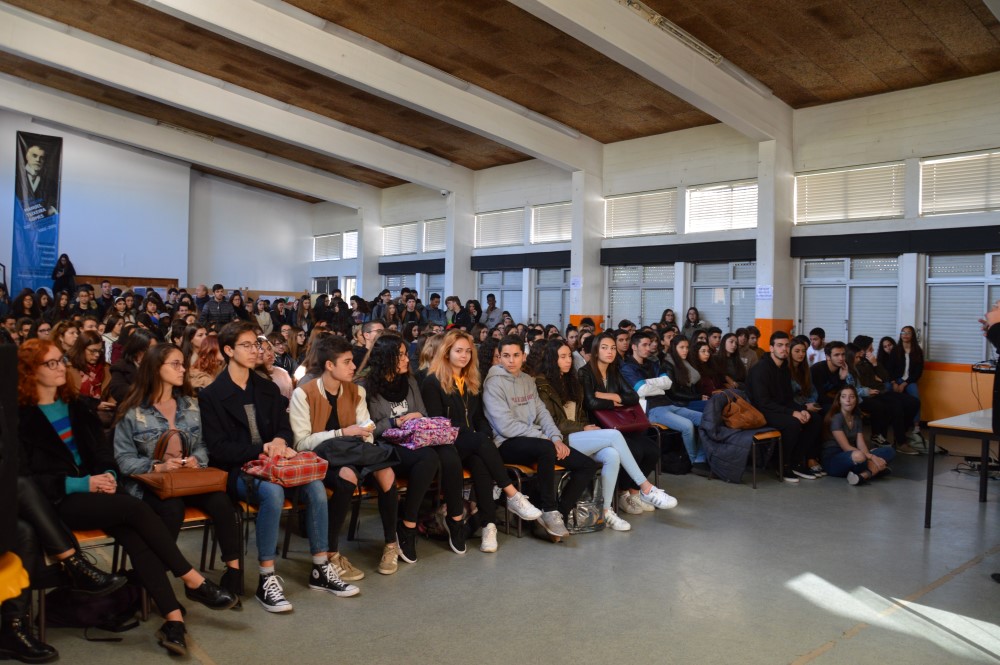
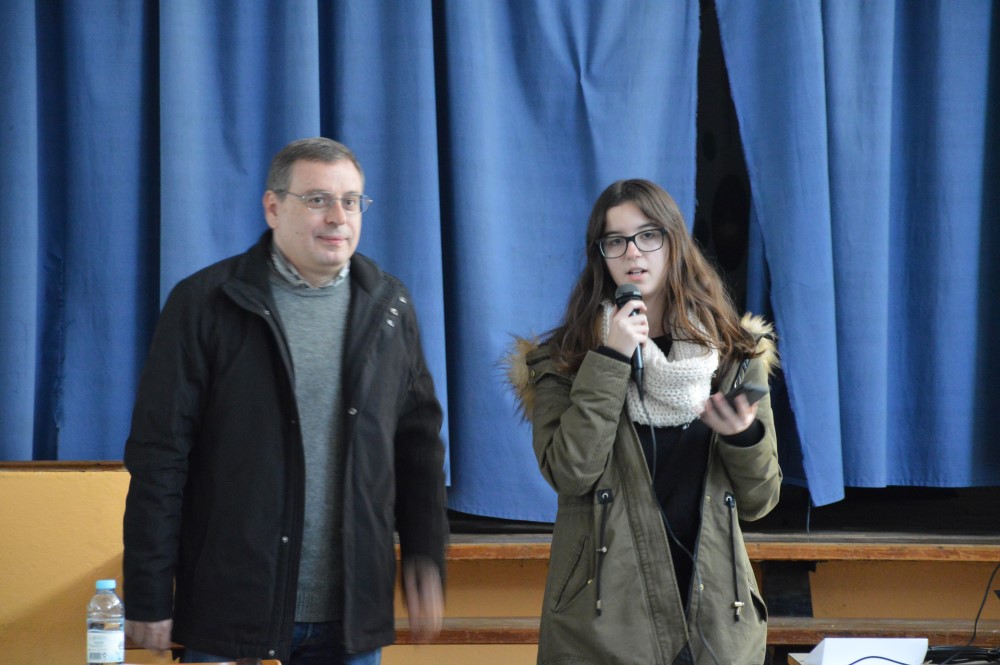
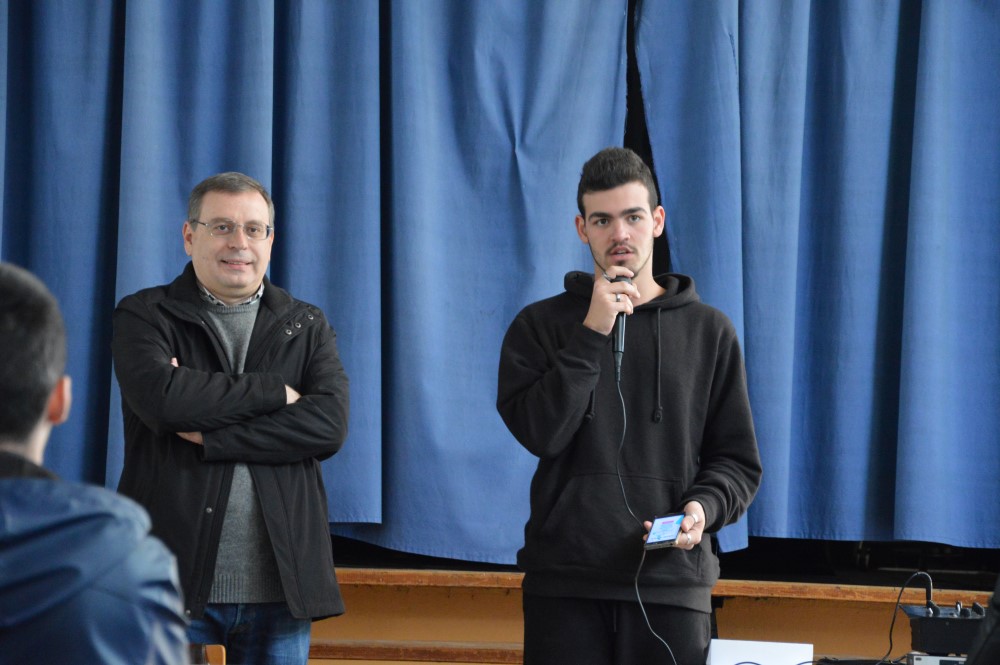
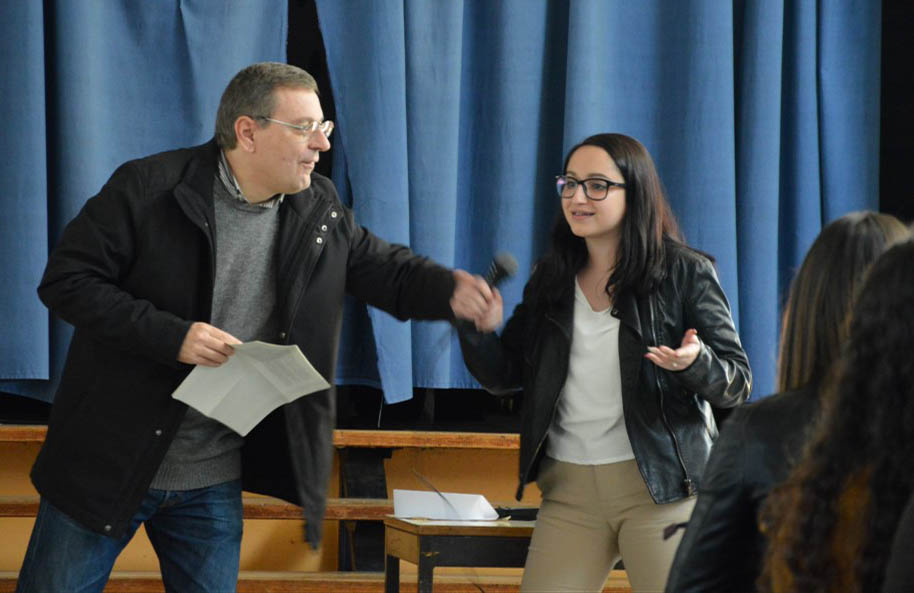
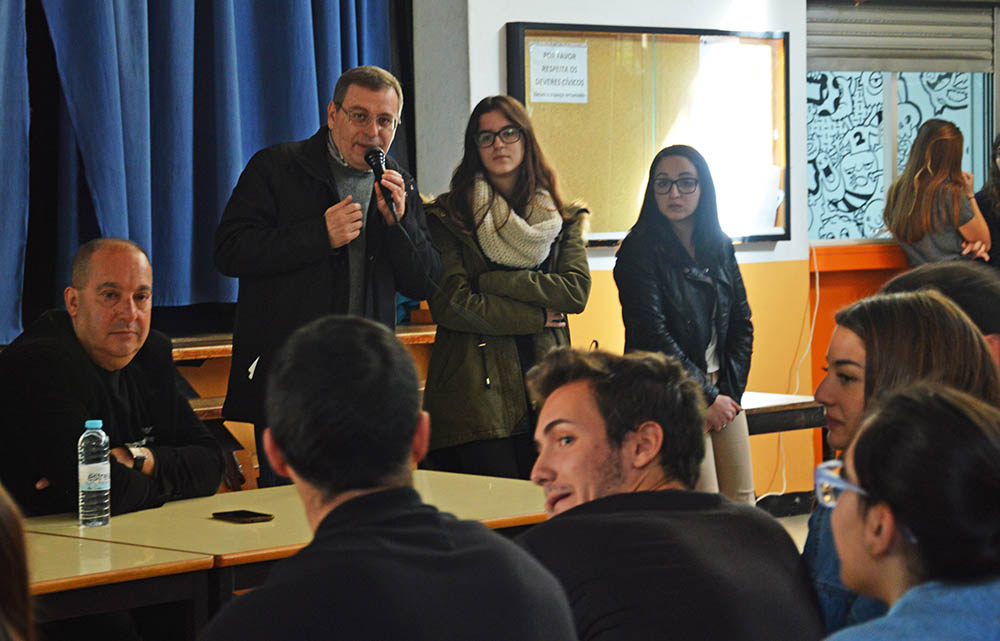
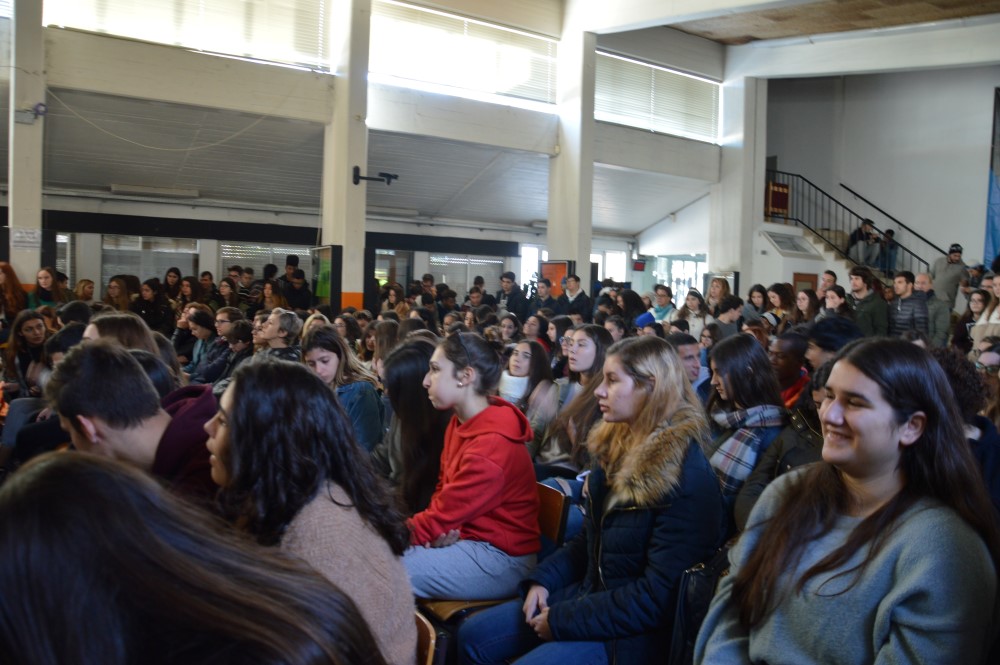
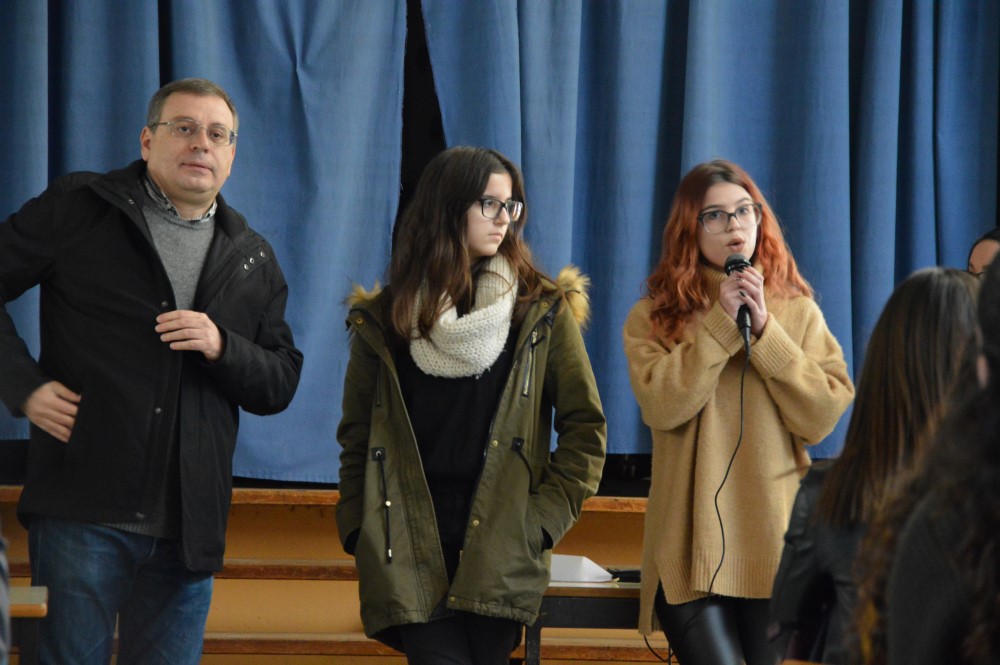
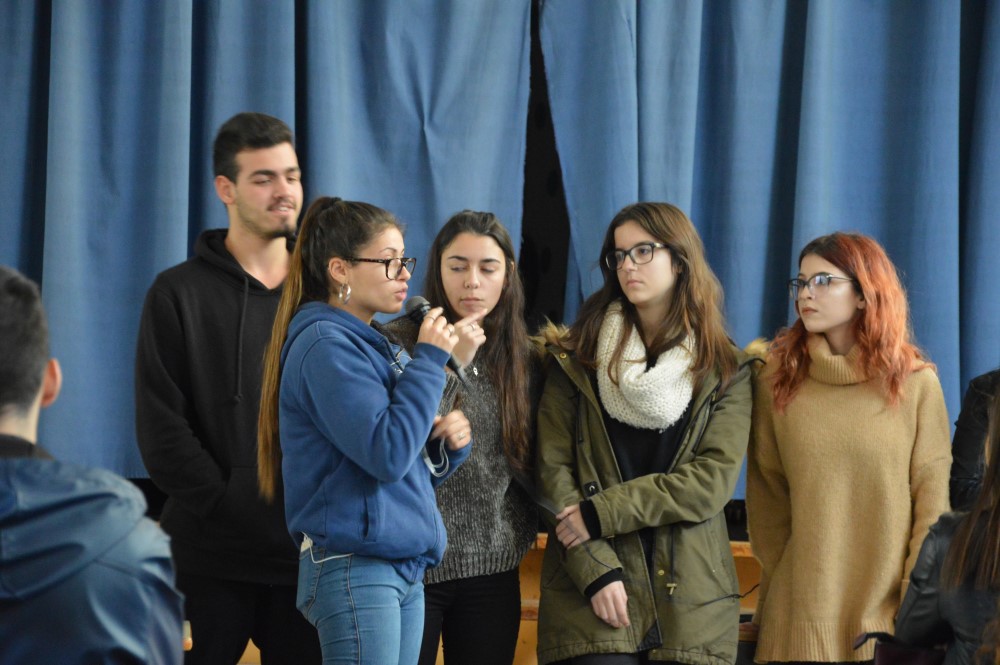
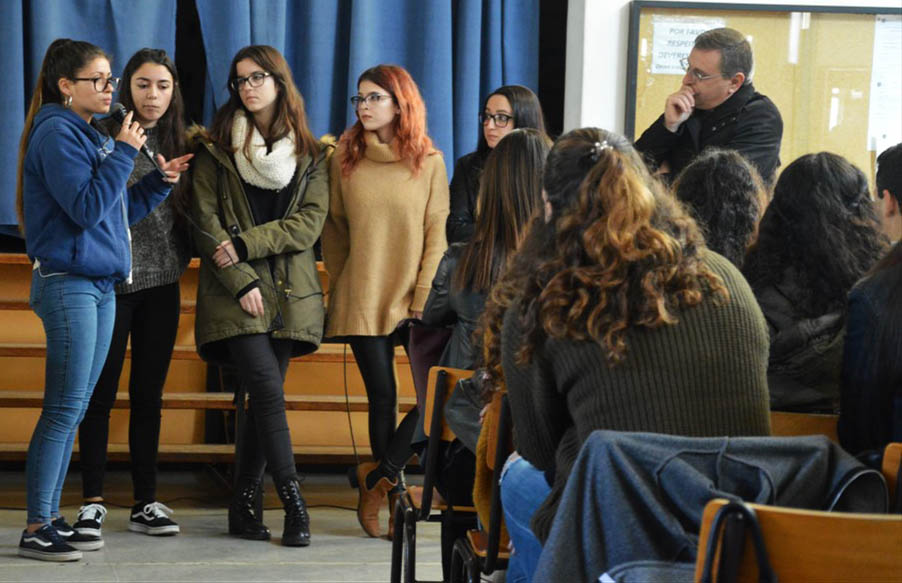
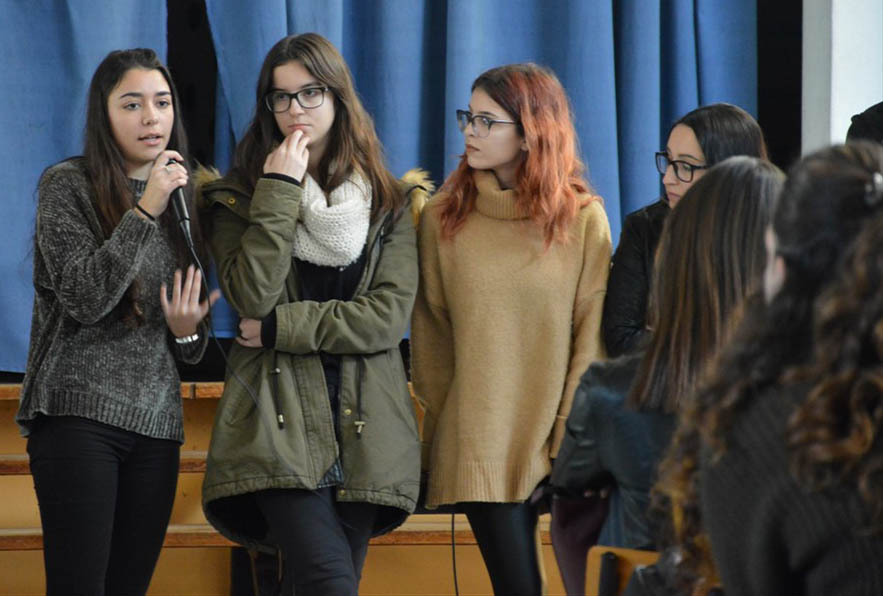
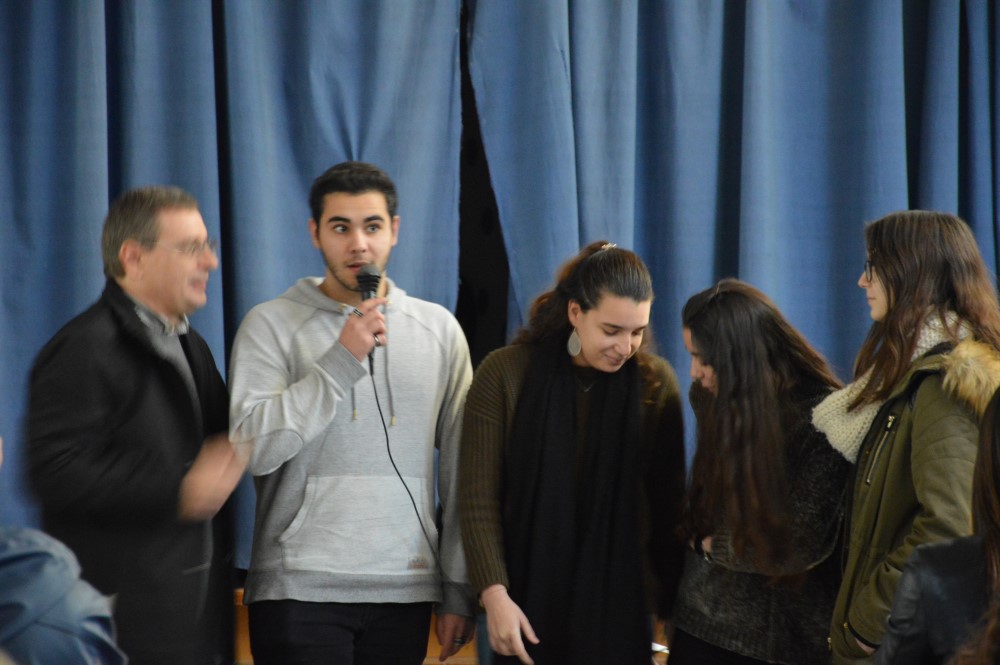
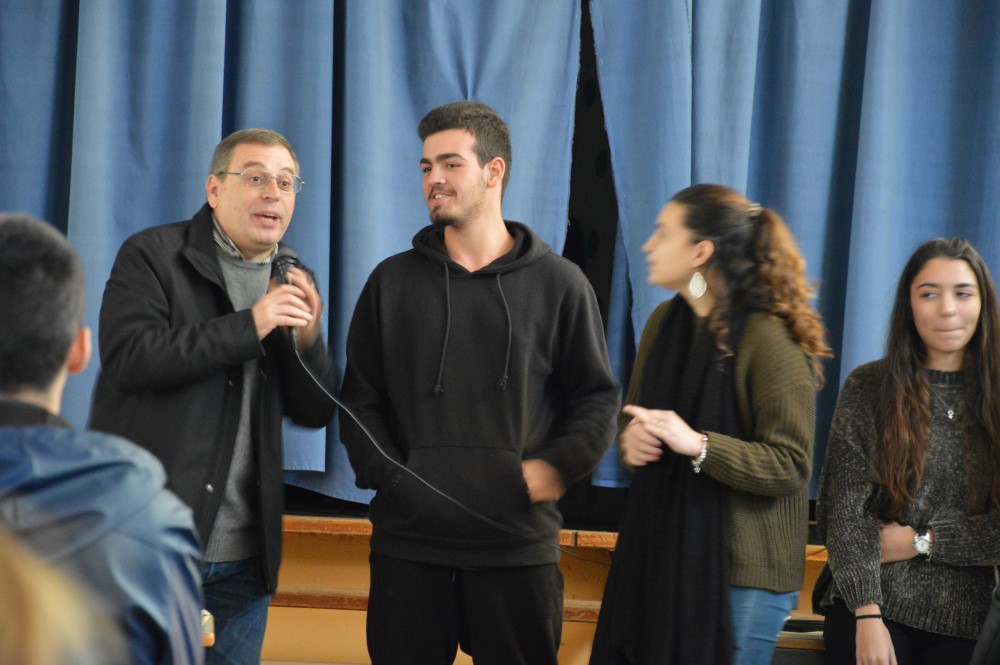
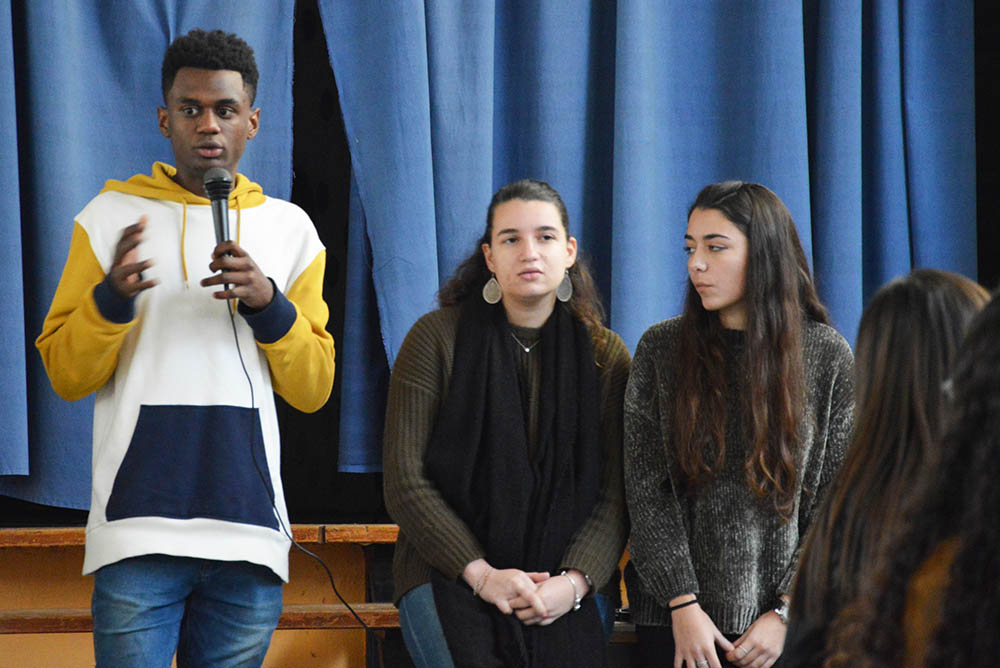
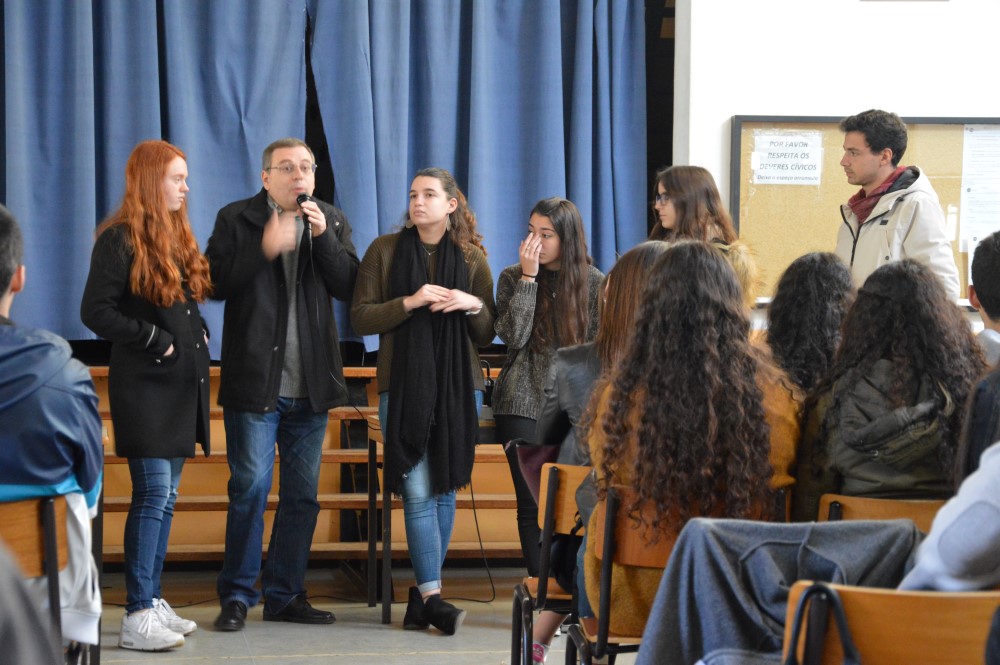
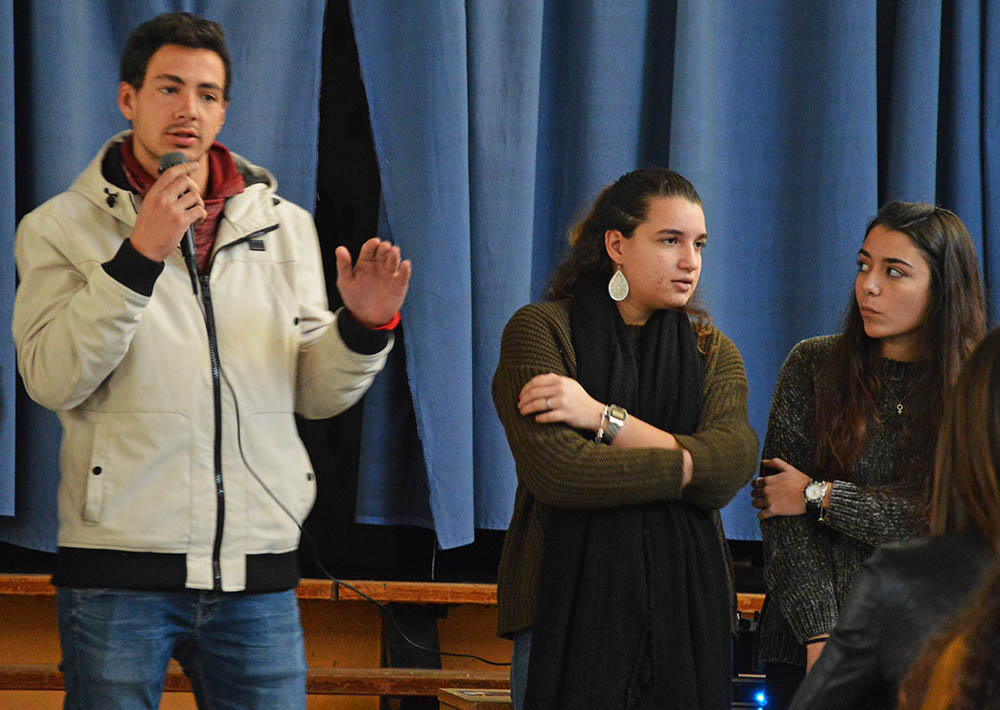
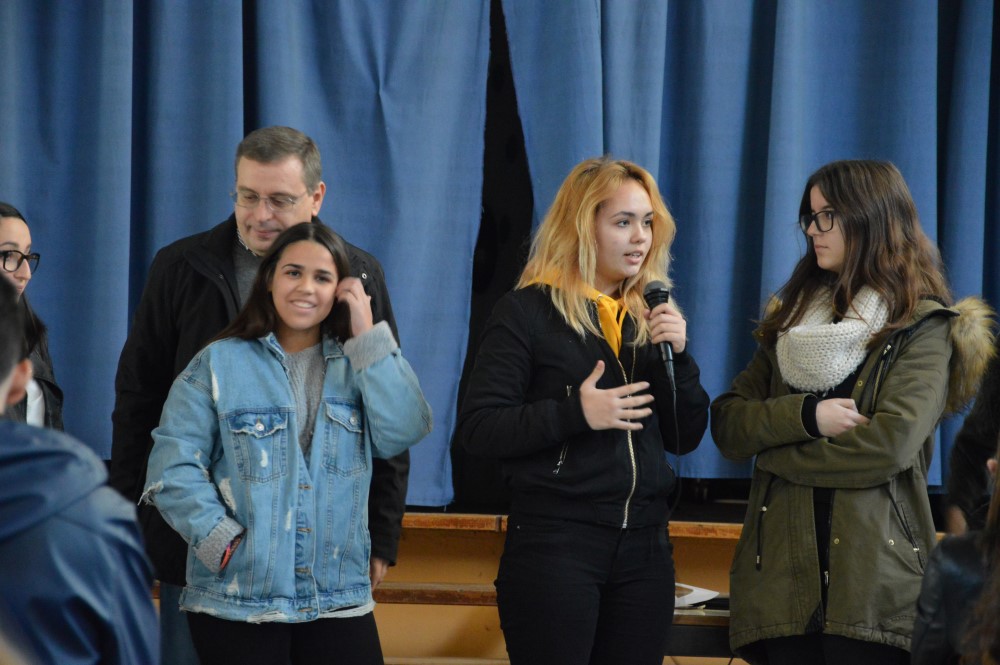
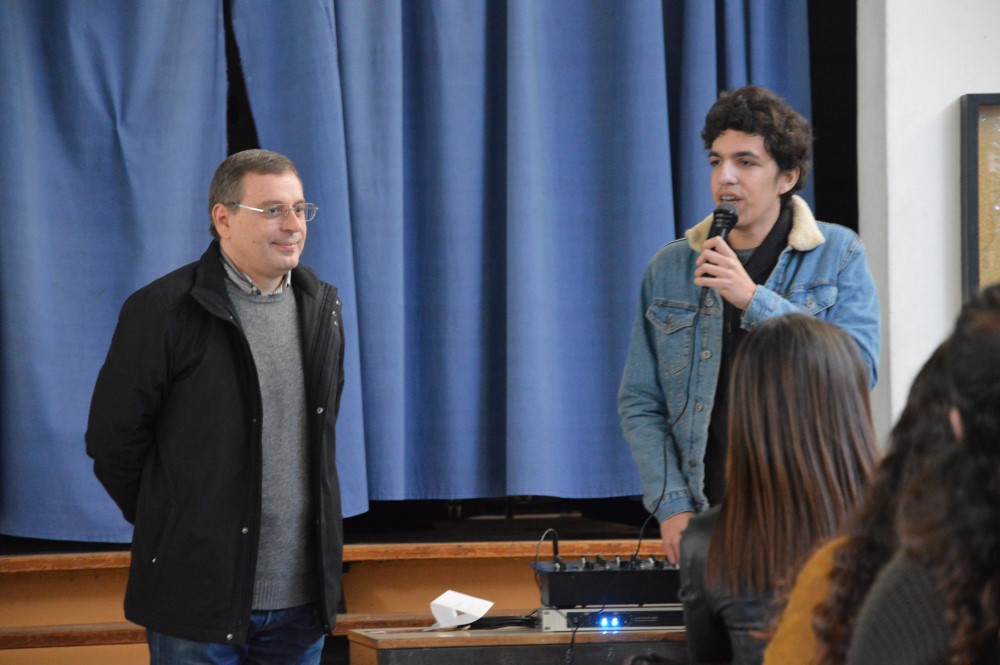
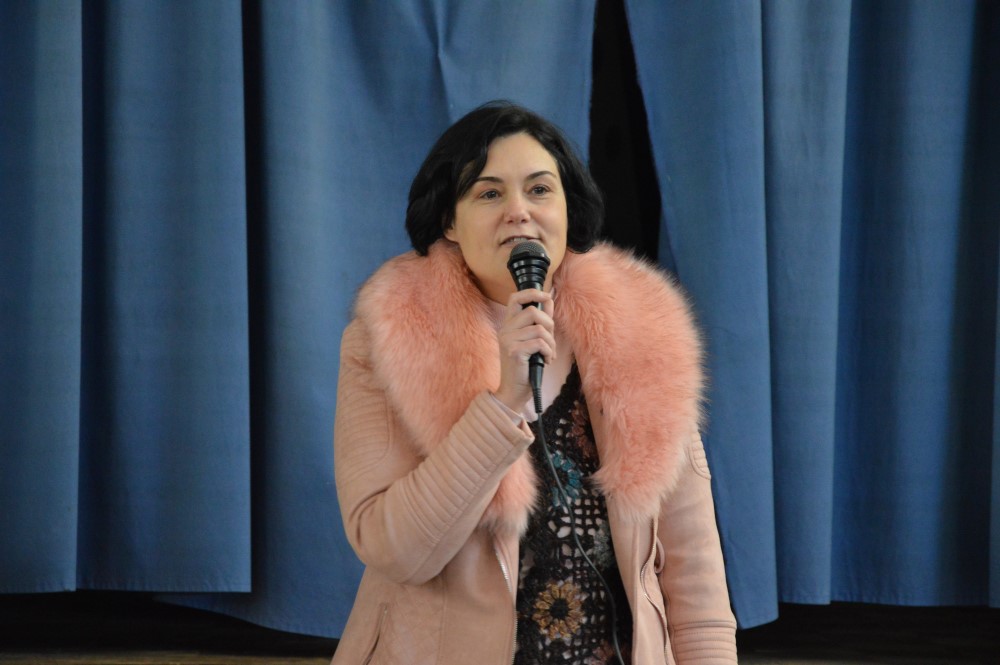



















Comments